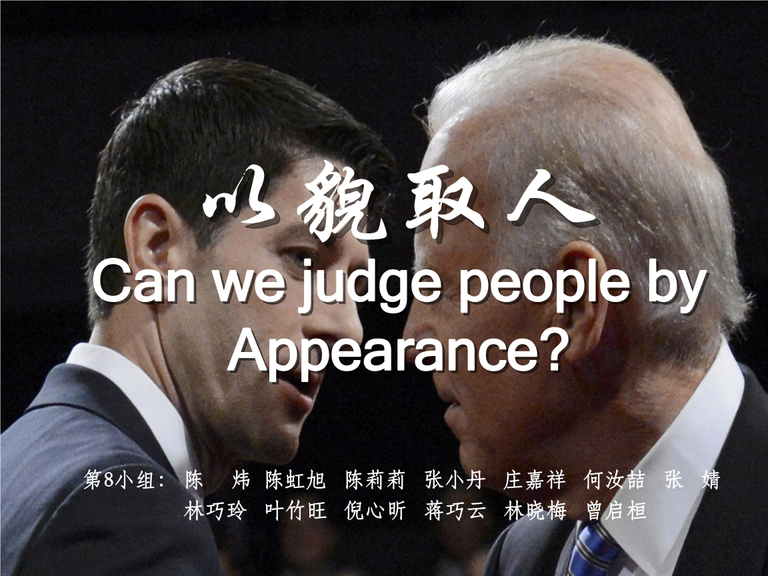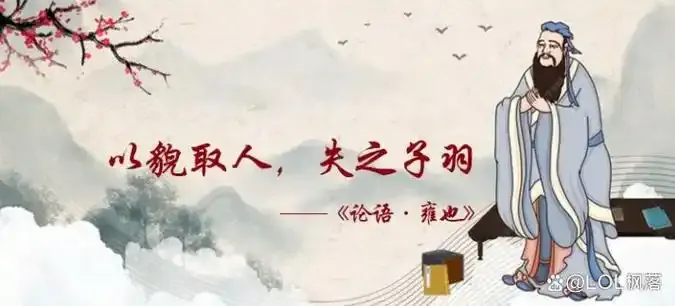
Confucius had many disciples, among whom there was one named Zaiyu who had a silver tongue. He initially left a good impression on Confucius, but gradually revealed the truth: he lacked benevolence and was extremely lazy. He didn't read or listen to lectures in broad daylight, lying in bed and sleeping soundly. For this reason, Confucius cursed him as “rotten wood that cannot be carved”. Another disciple of Confucius, Ziyu, was from the State of Lu. He was thirty-nine years younger than Confucius. His body and appearance were very ugly. Confucius began to believe that he had low qualifications and could not achieve success. But after learning from Confucius, he devoted himself to self-cultivation practice, handled things openly and honestly, and did not take the wrong path. Later, Ziyu traveled to the Yangtze River and had three hundred disciples who followed him. His reputation was high, and his name was recited by various feudal states. Confucius heard about this and said with emotion, “I judged the quality and ability of a person solely based on words, but my judgment of Zaiyu was wrong; I judged the quality and ability of a person solely based on appearance, but my judgment of Ziyu was wrong again.”
The idiom “judge people solely by their appearance” tells us an important lesson: do not judge people solely based on their appearance. Appearance is just a superficial appearance of a person, it cannot represent their qualities and talents. We should focus on people's inner qualities and talents, rather than just their appearance. Only in this way can we avoid missing out on truly talented and virtuous individuals due to prejudice.
In modern society, the phenomenon of judging people based on their appearance still exists. We should always remind ourselves not to make such mistakes. Whether in learning, work, or life, we should pay attention to people's inner qualities and talents, and respect everyone's personality and differences. Only in this way can we establish a more just, equal, and harmonious society.
孔子有许许多多弟子,其中有一个名叫宰予的,能说会道,利口善辩。他开始给孔子的印象不错,但后来渐渐地露出了真相:既无仁德又十分懒惰;大白天不读书听讲,躺在床上睡大觉。为此,孔子骂他是“朽木不可雕”。孔子的另一个弟子叫子羽,是鲁国人,比孔子小三十九岁,他的体态和相貌很丑陋。孔子开始认为他资质低下,不会成才。但他从师学习后,回去就致力于修身实践,处事光明正大,不走邪路。后来,子羽游历到长江,跟随他的弟子有三百人,声誉很高,各诸侯国都传诵他的名字。孔子听说了这件事,感慨地说:“我只凭言辞判断人品质能力的好坏,结果对宰予的判断就错了;我只凭相貌判断人品质能力的好坏,结果对子羽的判断又错了。”
“以貌取人”这个成语典故告诉我们一个重要的道理:不要仅凭外貌来评判一个人。外貌只是一个人的表面现象,它不能代表一个人的品质和才华。我们应该注重人的内在品质和才华,而不是仅仅看重外貌。只有这样,我们才能避免因为偏见而错失真正有才华和品德的人。
在现代社会中,“以貌取人”的现象依然存在。我们应该时刻提醒自己不要犯这样的错误。无论是学习、工作还是生活中,我们都应该注重人的内在品质和才华,尊重每个人的个性和差异。只有这样,我们才能建立一个更加公正、平等和和谐的社会。
